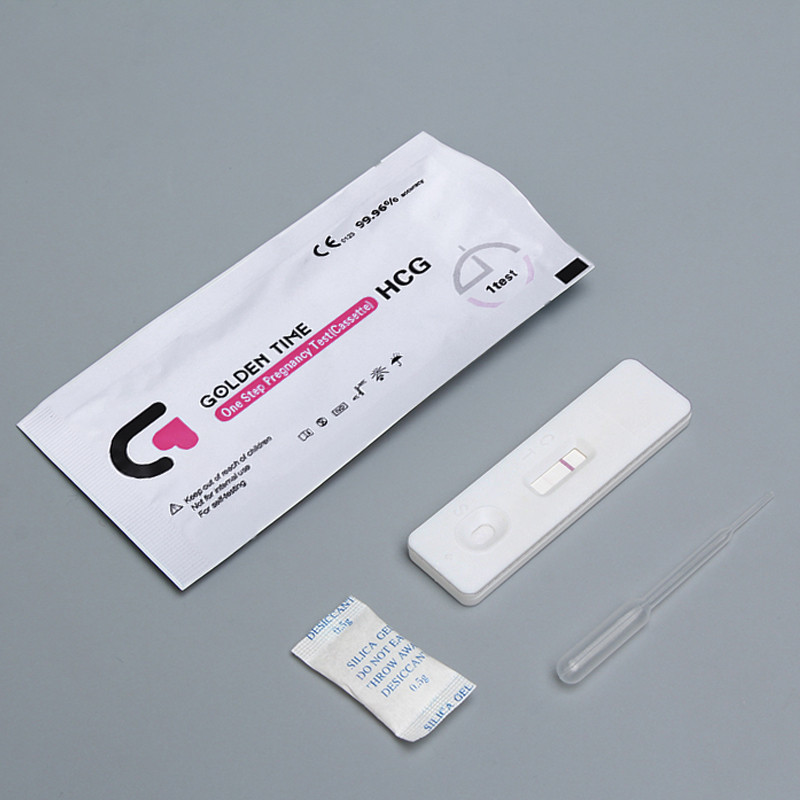Nov . 19, 2024 22:22 Back to list
Purchase a Home Testing Kit for Syphilis Conveniently and Discreetly Online
Understanding the Importance of Home Testing Kits for Syphilis
Syphilis, a sexually transmitted infection (STI) caused by the bacterium Treponema pallidum, has been a significant public health concern for centuries. While awareness and education about sexually transmitted infections have improved, syphilis remains prevalent in various populations worldwide. Practicing safe sex is essential, but it’s equally important to find ways to make testing more accessible and convenient. This is where home syphilis test kits come into play.
Home testing kits provide a convenient way for individuals to test themselves for syphilis from the comfort of their own home. This option can be particularly appealing for those who may feel embarrassed or stigmatized about seeking testing in a clinical environment. The science behind these kits generally involves a simple process, usually requiring a small blood sample, which is then analyzed for the presence of antibodies that indicate a syphilis infection.
Understanding the Importance of Home Testing Kits for Syphilis
Secondly, access to testing is crucial. In certain demographics, particularly among marginalized populations, access to healthcare services may be limited. This can include factors such as geographical barriers, lack of insurance, or socioeconomic constraints. Home syphilis test kits provide an alternative that can reach individuals who otherwise might not have the opportunity to get tested promptly.
buy syphilis home test kit

Moreover, the timely identification of syphilis is essential for effective treatment and to prevent the further spread of infections. If left untreated, syphilis can progress through different stages, leading to severe health complications and increasing the risk of contracting or transmitting other STIs, including HIV. Regular testing enables individuals to receive treatment early, which is crucial for both personal health and public safety.
Despite the benefits of home testing, there are considerations users should be aware of. First and foremost, understanding how to interpret results is critical. While home kits often provide clear instructions, there may be anxiety associated with reading results, especially if they are positive. Individuals testing at home should have a plan for follow-up, which may include contacting a healthcare provider for further testing and treatment options.
Furthermore, while home tests can be convenient, they are not a replacement for comprehensive sexual health screenings. Regular check-ups can detect other STIs that may not be covered by a syphilis home test. Additionally, a healthcare provider can offer guidance, support, and additional testing based on an individual's overall sexual health status.
In conclusion, the emergence of home syphilis test kits offers a valuable tool in promoting sexual health awareness and increasing testing rates among individuals, particularly those who may avoid traditional testing methods. By utilizing these kits, individuals can take proactive steps toward maintaining their sexual health, thus contributing to the broader fight against STIs. As always, a balanced approach that combines home testing with regular healthcare visits is essential for effective sexual health management. With increased awareness and access, we can help reduce the stigma associated with STIs, ensuring that everyone feels empowered to prioritize their health.
-
Highly Accurate hCG Pregnancy Test Strips - 5 Min Results
NewsAug.02,2025
-
Premium Empty ABS Plastic Cassettes: Durable & Lightweight Storage
NewsAug.01,2025
-
Accurate Cocaine (Coc) Rapid Test Kit | Fast & Reliable Detection
NewsJul.31,2025
-
Accurate HCG Pregnancy Test Strips | Fast Home Use Kit
NewsJul.31,2025
-
Reliable Early Pregnancy Test Kit Supplier - Multi Plastic Cassette Options
NewsJul.30,2025
-
Transferrin Rapid Test Cassette – Reliable Tumor Marker Detection
NewsJul.29,2025

